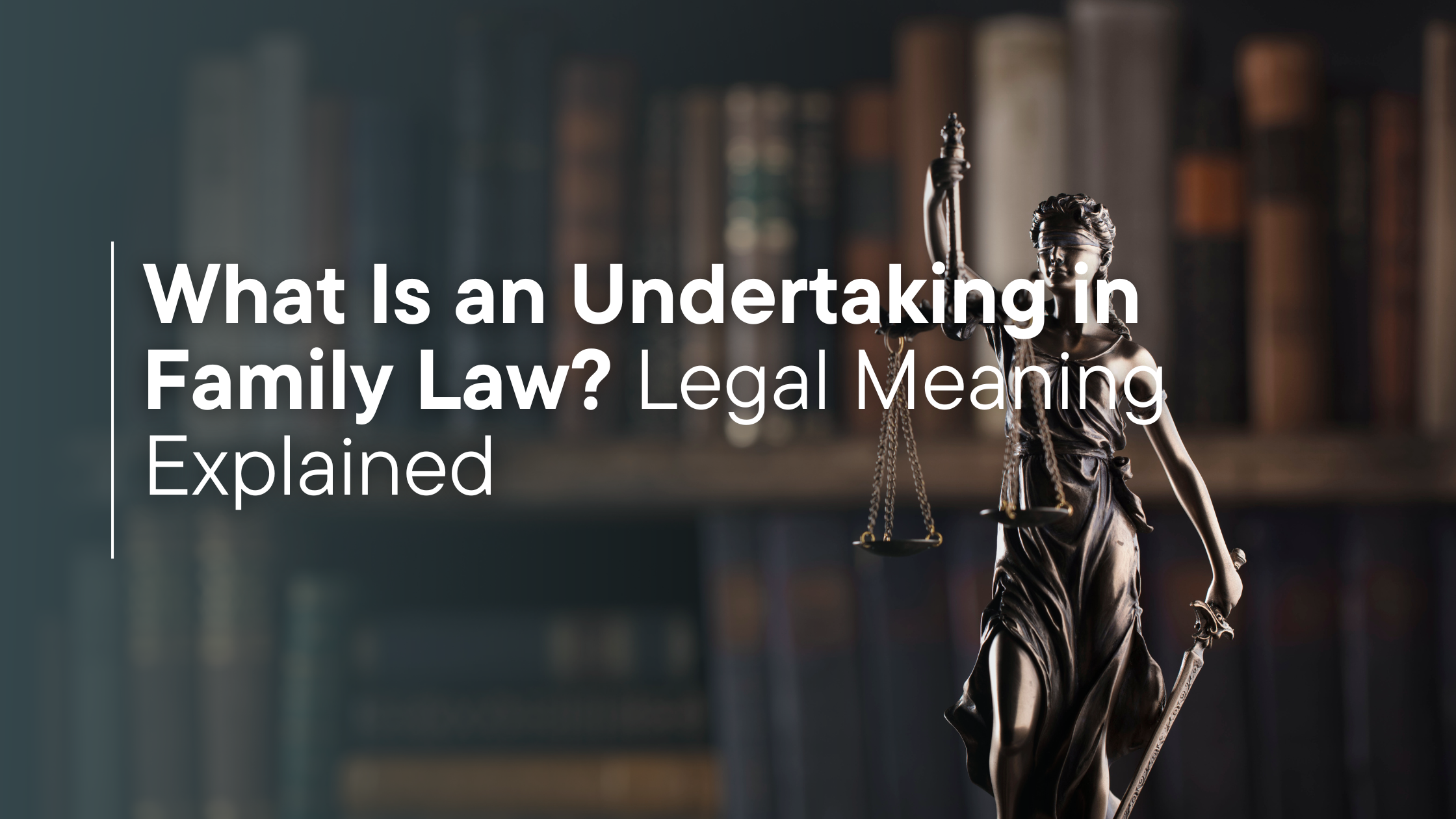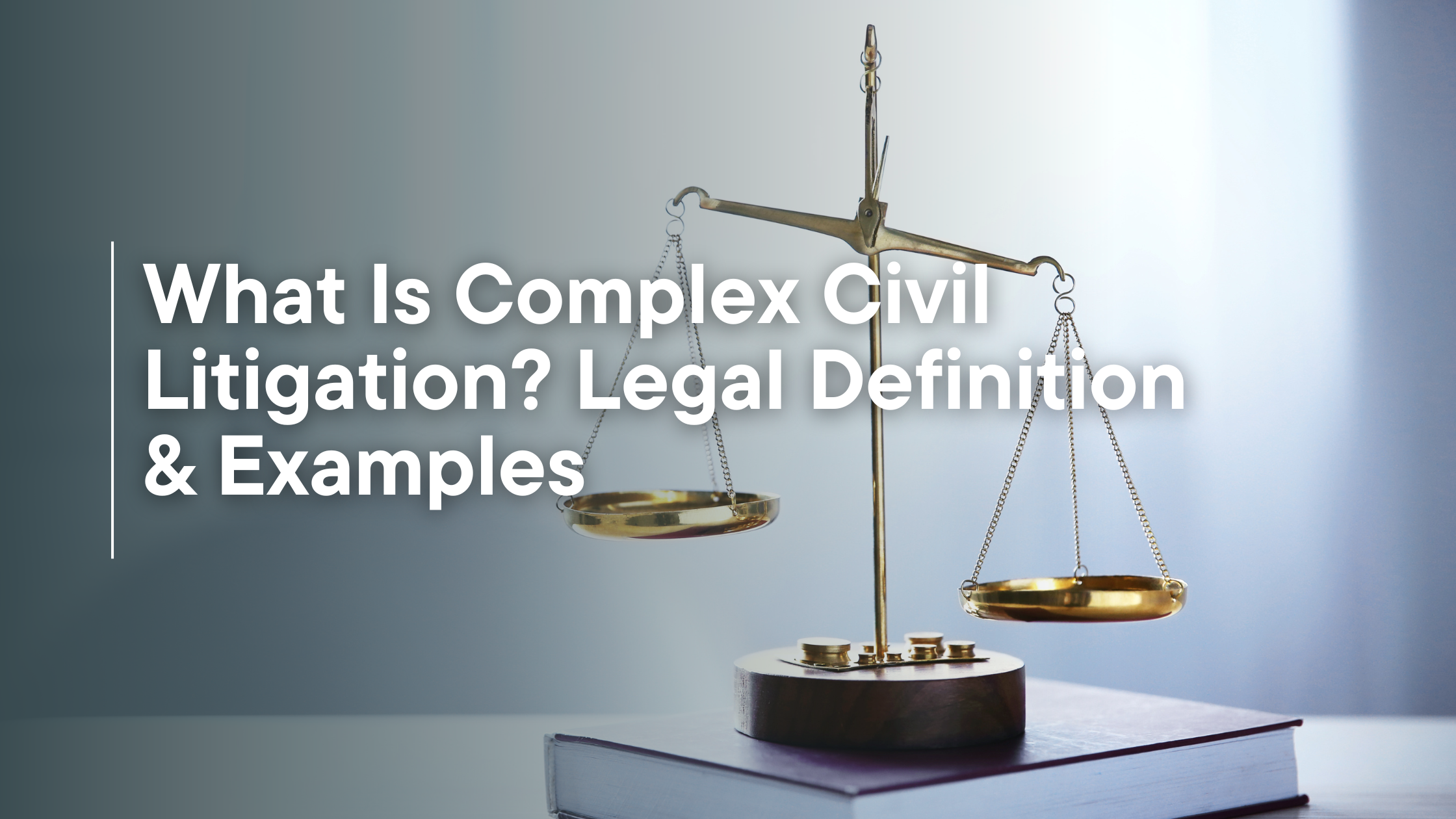A deposition is a formal, out-of-court session where parties involved in a legal case provide sworn testimony. In family law, depositions are typically used to gather information regarding critical aspects of a case, such as financial matters, the dynamics of a relationship, and issues involving children. The answers given during a deposition can be used later in court to support or challenge claims made during the trial.
Unlike a courtroom trial, where testimony is heard in front of a judge and jury, a deposition is typically a private matter involving the attorneys, a court reporter, and the parties involved. However, just because it isn’t public doesn’t mean it’s not important—what you say in a deposition can significantly impact the outcome of your case.
Common Family Law Deposition Questions

Understanding the types of questions you’ll face during a family law deposition can help you feel more prepared and reduce any anxiety you may have. Below are some common categories of questions asked in family law depositions:
1. Personal Background Questions
These questions are designed to establish the basic facts of your life and the context of your case. Examples include:
- What is your full name and date of birth?
- What is your current address and occupation?
- Can you provide details about your family background?
While these questions may seem simple, it’s important to answer them accurately, as they help set the stage for the rest of the deposition.
2. Marriage or Relationship History
In cases of divorce or separation, questions will focus on the details of your marriage or relationship, such as:
- How long have you been married or in a relationship?
- What led to the separation or divorce?
- Were there any significant events or milestones during the relationship (e.g., joint purchases, separations)?
These questions aim to clarify the nature of your relationship and can provide important context for issues like asset division or spousal support.
3. Financial and Property Questions
Family law cases often involve the division of assets or determination of child or spousal support, which is why financial questions are a key part of the deposition:
- What is your current income, and how is it earned?
- Can you provide a list of your assets and liabilities?
- Have you transferred or hidden any property?
These questions help attorneys understand the financial landscape of your case and ensure that all assets are accounted for.
4. Custody and Parenting Questions (If Applicable)
If children are involved, depositions will likely include questions about custody arrangements and parenting roles:
- Where do your children live, and what is their school situation?
- What is your role in their day-to-day care?
- How do you co-parent with the other party?
These questions are essential in determining the best interests of the child and can be pivotal in custody disputes.
5. Allegations or Disputes
In cases where there are allegations of abuse, neglect, or other serious issues, expect detailed questions:
- Have there been any incidents of abuse or violence in the relationship?
- Are there concerns regarding the safety or well-being of your children?
- Have you or the other party engaged in any behavior that might affect the case?
These sensitive topics require careful consideration, and it’s crucial to answer truthfully while maintaining composure.
What to Expect During the Deposition

When the deposition takes place, it’s essential to know what to expect to reduce stress and uncertainty. The process will generally unfold as follows:
- Who Will Be There: Your attorney, the opposing attorney, a court reporter, and possibly the other party involved in the case will be present.
- Formal Process: The questioning will be under oath, meaning your responses must be truthful. The court reporter will transcribe everything said during the deposition.
- Duration: Depending on the complexity of the case, the deposition may last a few hours or even an entire day.
Remain calm and focused. Answer the questions clearly, and if you don’t understand a question, don’t hesitate to ask for clarification. Your attorney will guide you throughout the process.
How to Prepare for a Family Law Deposition

Proper preparation is key to ensuring a smooth deposition. Here are a few steps to help you get ready:
- Gather Relevant Documents: Ensure you have all relevant financial records, communication logs, and other documents that may be necessary.
- Understand the Key Issues: Review the details of your case and be familiar with the issues that are most important.
- Practice with Your Attorney: Consider participating in a mock deposition with your attorney to get comfortable with the process and types of questions you may face.
- Stay Focused and Calm: The deposition may feel like a pressure-filled environment, but try to stay calm, and remember that your attorney is there to support you.
Common Mistakes to Avoid During a Deposition
To protect yourself and your case, it’s important to avoid certain mistakes:
- Incomplete or Evasive Answers: Always provide complete and truthful answers. Avoid being vague or evasive, as this can harm your credibility.
- Volunteering Information: Don’t offer more information than is necessary. Stick to answering the questions asked.
- Becoming Emotional or Defensive: Deposition questions can be stressful, but maintaining composure is vital. Emotional reactions can be used against you.
- Not Clarifying Questions: If you don’t understand a question, ask for clarification. It’s better to take your time and answer correctly than to guess.
Conclusion
A family law deposition can seem intimidating, but with the right preparation, you can navigate the process with confidence. Understanding the common questions and knowing what to expect will allow you to approach the deposition with a clear mind. Remember, your attorney is there to guide and support you every step of the way.

If you’re facing a family law matter and need expert guidance, schedule a consultation with Barli Law LLC today. Let us help you protect your future and navigate the legal complexities with confidence and clarity.




